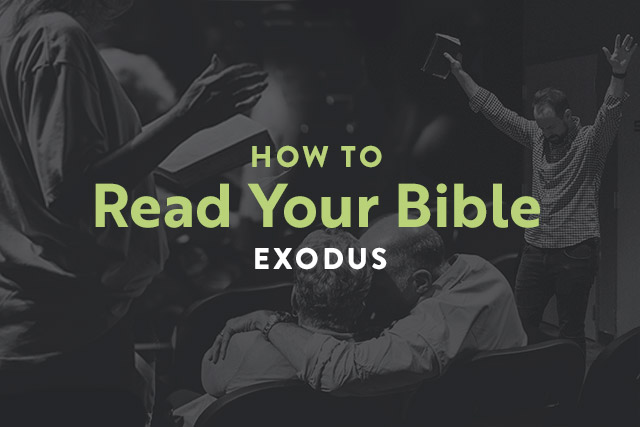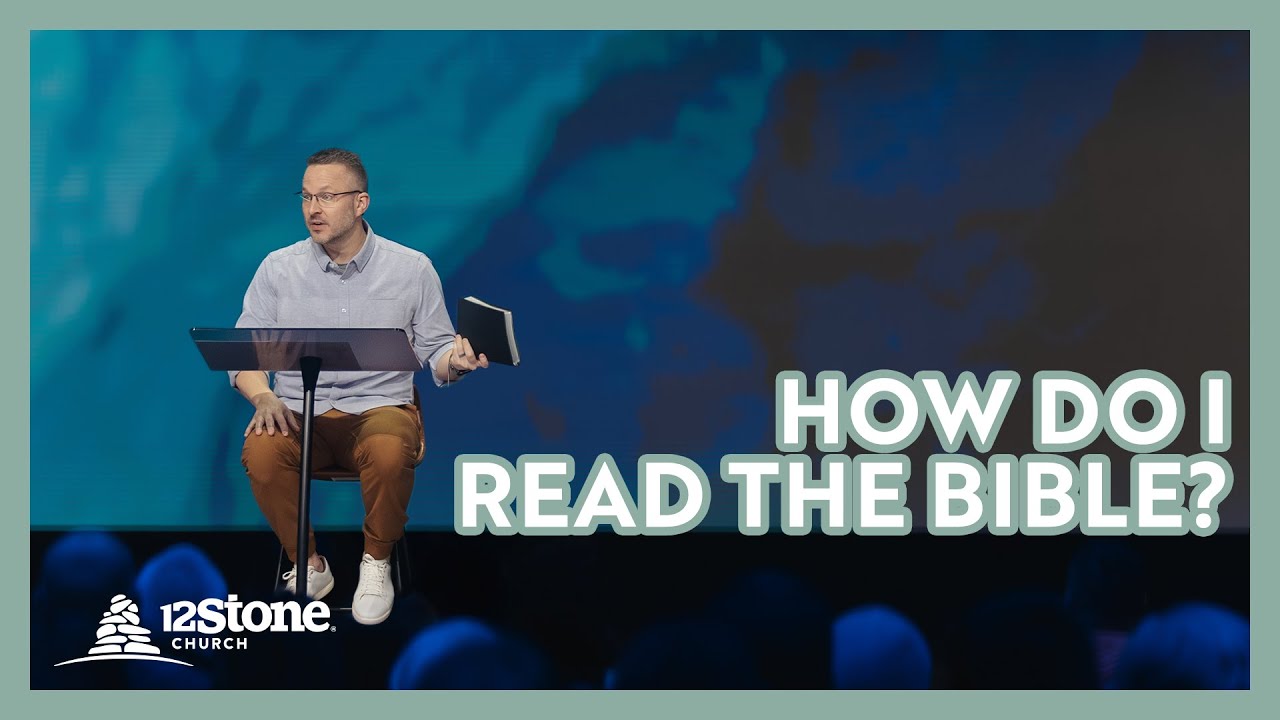Now Moses was tending the flock of Jethro his father-in-law, the priest of Midian, and he led the flock to the far side of the wilderness and came to Horeb, the mountain of God. There the angel of the Lord appeared to him in flames of fire from within a bush. Moses saw that though the bush was on fire it did not burn up. So Moses thought, “I will go over and see this strange sight—why the bush does not burn up.” When the Lord saw that he had gone over to look, God called to him from within the bush, “Moses! Moses!” And Moses said, “Here I am.”
“Do not come any closer,” God said. “Take off your sandals, for the place where you are standing is holy ground.” Then he said, “I am the God of your father, the God of Abraham, the God of Isaac and the God of Jacob.” At this, Moses hid his face, because he was afraid to look at God.
The Lord said, “I have indeed seen the misery of my people in Egypt. I have heard them crying out because of their slave drivers, and I am concerned about their suffering. So I have come down to rescue them from the hand of the Egyptians and to bring them up out of that land into a good and spacious land, a land flowing with milk and honey—the home of the Canaanites, Hittites, Amorites, Perizzites, Hivites and Jebusites.
Exodus 3:1-8 (NIV)
This is the passage of the Burning Bush. Moses encounters God at the bush that does not burn, then God tells Moses of His plan to free the Israelites. Here, God doesn’t yet tell Moses how he will be involved in the plan, or even the entire plan, but shares what He desires. There’s a lot we can learn from who Moses is, his reaction to the bush, and God revealing His desires. Let’s get into the SOAP method:
Scripture
Read the passage at least 3 times and make note of what stands out to you. Underline, highlight, and write out your thoughts.
Observation
Answer these 3 questions, then spend time writing and answering 2 more. Remember, this is the time where you think deeper about the passage and what’s happening.
- What’s happening in this passage? Is a lesson being taught, is it praising God, is it telling a story, or is something else happening?
- Are there commands, warnings, or wisdom in the passage? What’s it telling me?
- What can I learn from Moses’s response to the bush?
- Write and answer your own question.
- Write and answer your own question.
Application
Reflect on how you can apply this passage to your life. Answer the 2 questions, then spend time writing and answering 2 more.
- What are the basic truths of this passage?
- How can I apply these truths to my life?
- Write and answer your own question.
Prayer
Write your prayer or speak it aloud. Focus on this story of Moses, its truths, and what you hope to apply to your life. Be intentional to use the words or phrases from the passage in your prayer.


